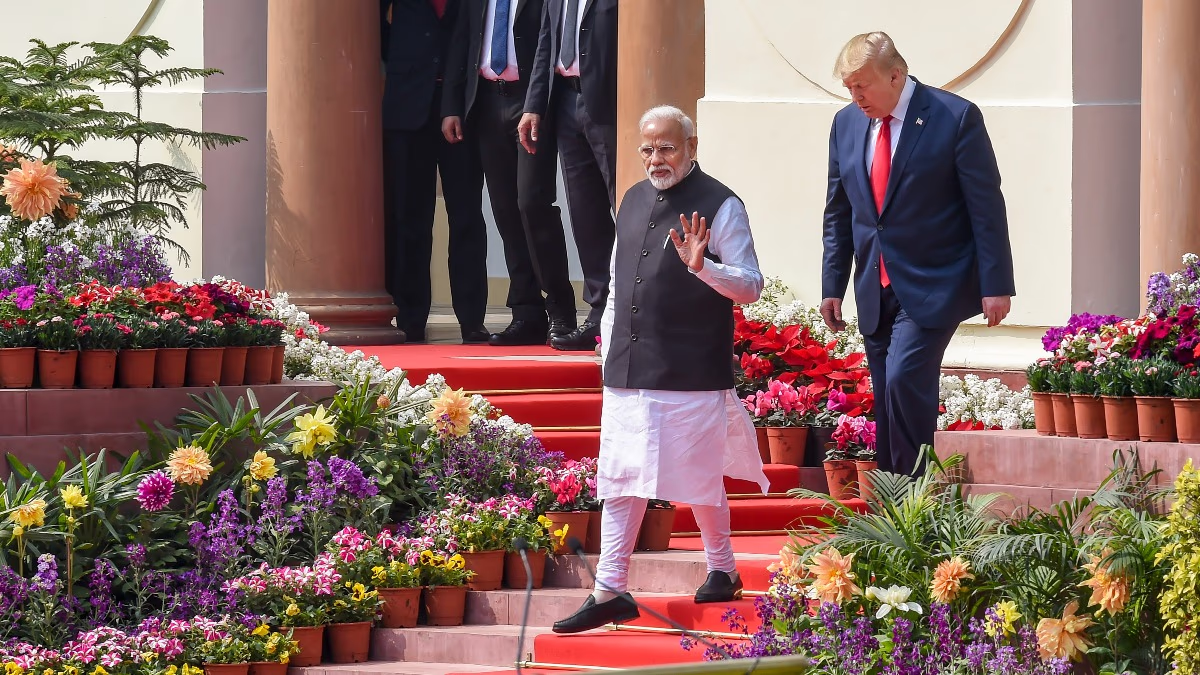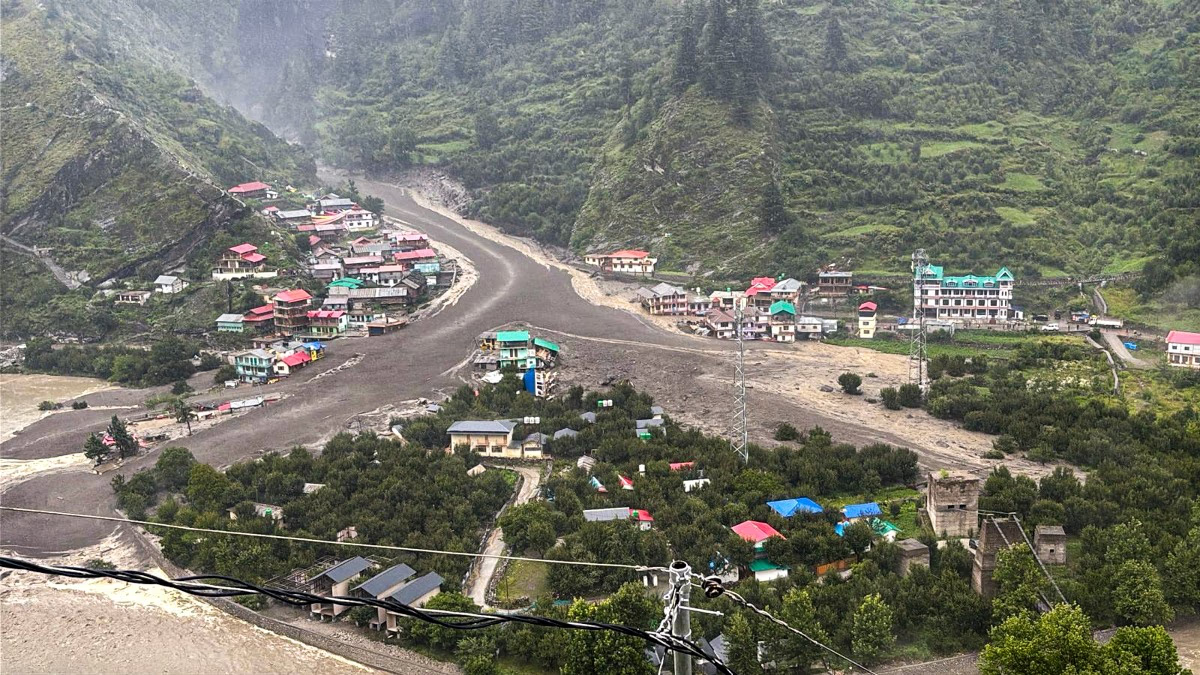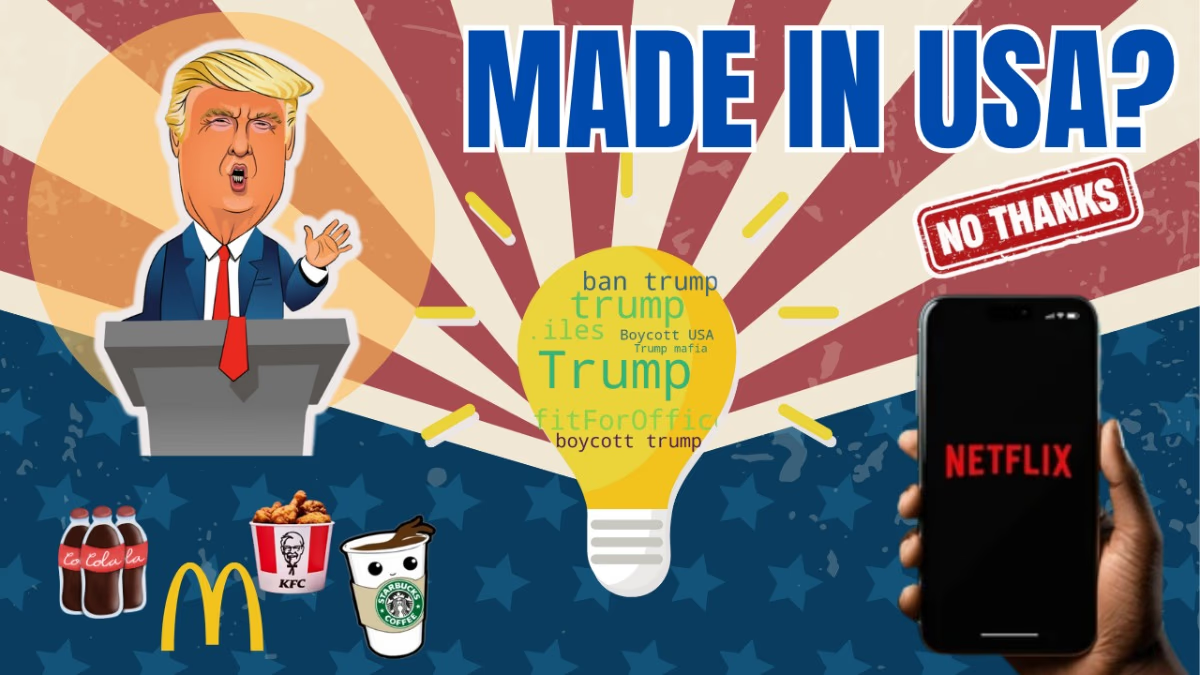In response to US President Donald Trump's move to increase tariffs on India by up to 50%, Chinese media, particularly Global Times, has fiercely criticized the Trump administration. The editorial in Global Times claims India’s strategic autonomy has heavily struck down America's insolence.
An article featured in Global Times asserts that the dramatic fallout in US-India trade relations isn't centered around the purchase of Russian crude; rather, it’s a case of a once-obedient friend turning defiant. The newspaper states, 'According to American principles, India can be a 'great friend,' but only if it remains obedient.' The editorial decimates US policies by alleging that Washington perceives India's neutral policies as betrayal and its diplomatic independence as deceit.
Global Times points out that America's pressure campaign on India lays bare its duplicity. It remarks, "The US and Europe accuse India of trading with Russia, yet they import heavily from Russia themselves." Notably, America and the European Union have substantial imports of uranium, palladium, and refined oil from Russia.
The state-run publication highlights that the abrupt shift in US-India ties seems recent. As of February, President Trump warmly welcomed Indian Prime Minister Modi, hailing him as a "wonderful friend." However, within months, trade discussions failed, causing the once-promising US-India relationship to crumble.
US Targets India-Russia Ties
Analyzing US-India relations, the paper questions the journey to the current state. Global Times' opinion column reveals, "Observers believe that India's reluctance to further open its market to American agricultural products for protecting local farmers halted the US-India trade agreement. In response, the US has targeted India’s energy relations with Russia as a pressure point to force concessions. Moreover, Washington’s limited direct economic pressure on Russia due to their smaller trade prompts targeting India's close ties with Moscow to achieve two goals: controlling Russia and penalizing India."
In a significant development, amidst the 50% tariff imposition by the US, Indian Prime Minister Narendra Modi plans a visit to Beijing after nearly six years.
India has criticized US tariff strategies, labeling them as unjust and unfortunate.
The newspaper questions whether India's "mistake" lies in purchasing Russian oil or defying US orders. The tariff dispute cloaks a stern warning that India can be a "great friend," but only if it remains obedient. The moment India fails to meet US strategic expectations, it becomes dispensable.
Global Times comments on India's foreign policy's diverse dimensions, stating that recent years have seen India striving to maintain strategic balance in geopolitics. Alongside advocating for a multipolar world order by participating in BRICS and the Shanghai Cooperation Organization, it has deepened security cooperation in the 'Indo-Pacific' with the US, Japan, and Australia. This balancing act has granted India considerable diplomatic maneuvering room, but it now faces a harsh reality.
This reality is the US’s insistence on establishing unilateral dominance, showcasing a dangerous trend of rekindling Cold War confrontations and interpreting neutrality as support for the wrong side. The US is viewing neutrality as hostility.
With the 50% US tariff on India, changes in Indo-US relations may unfold as Prime Minister Modi plans to visit China by the end of August.




